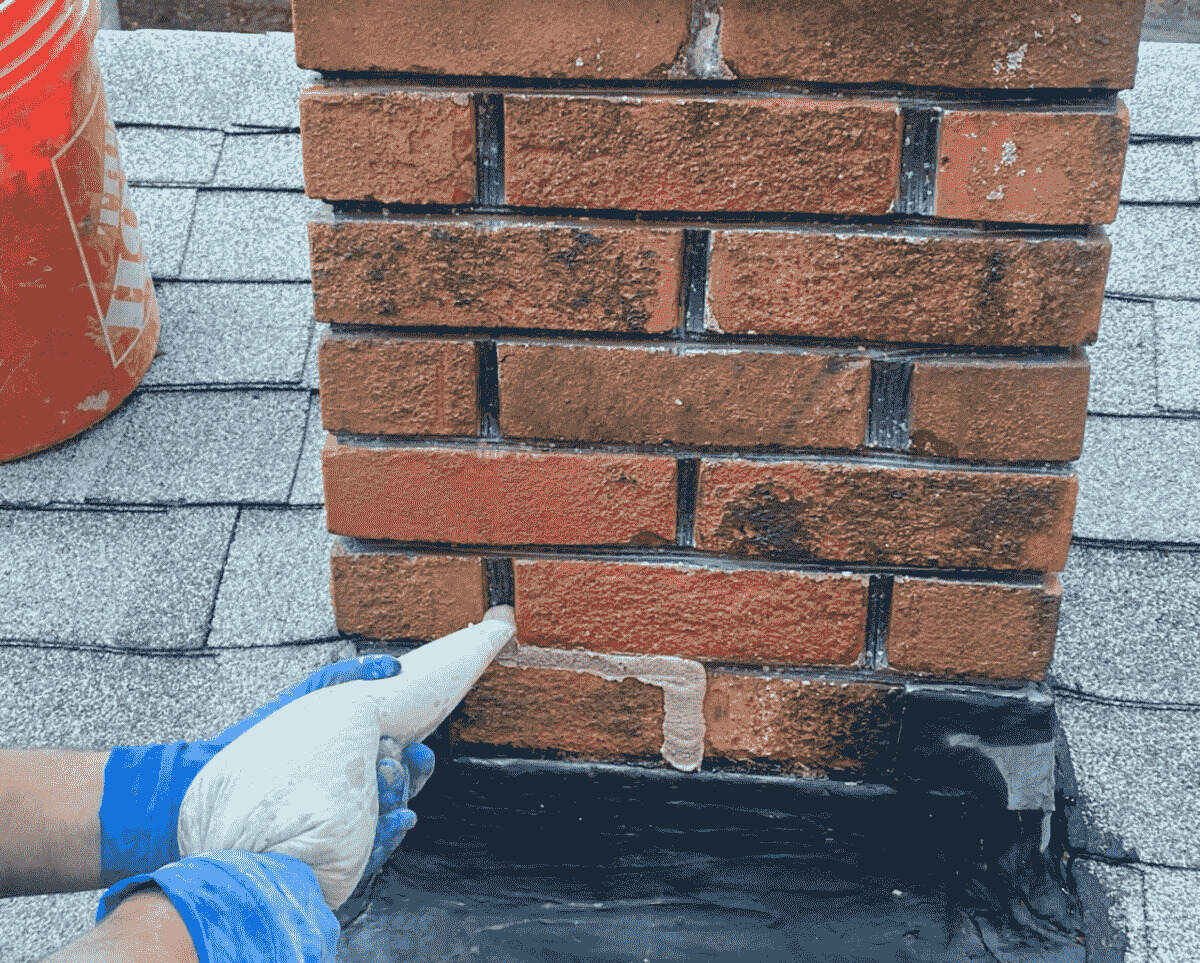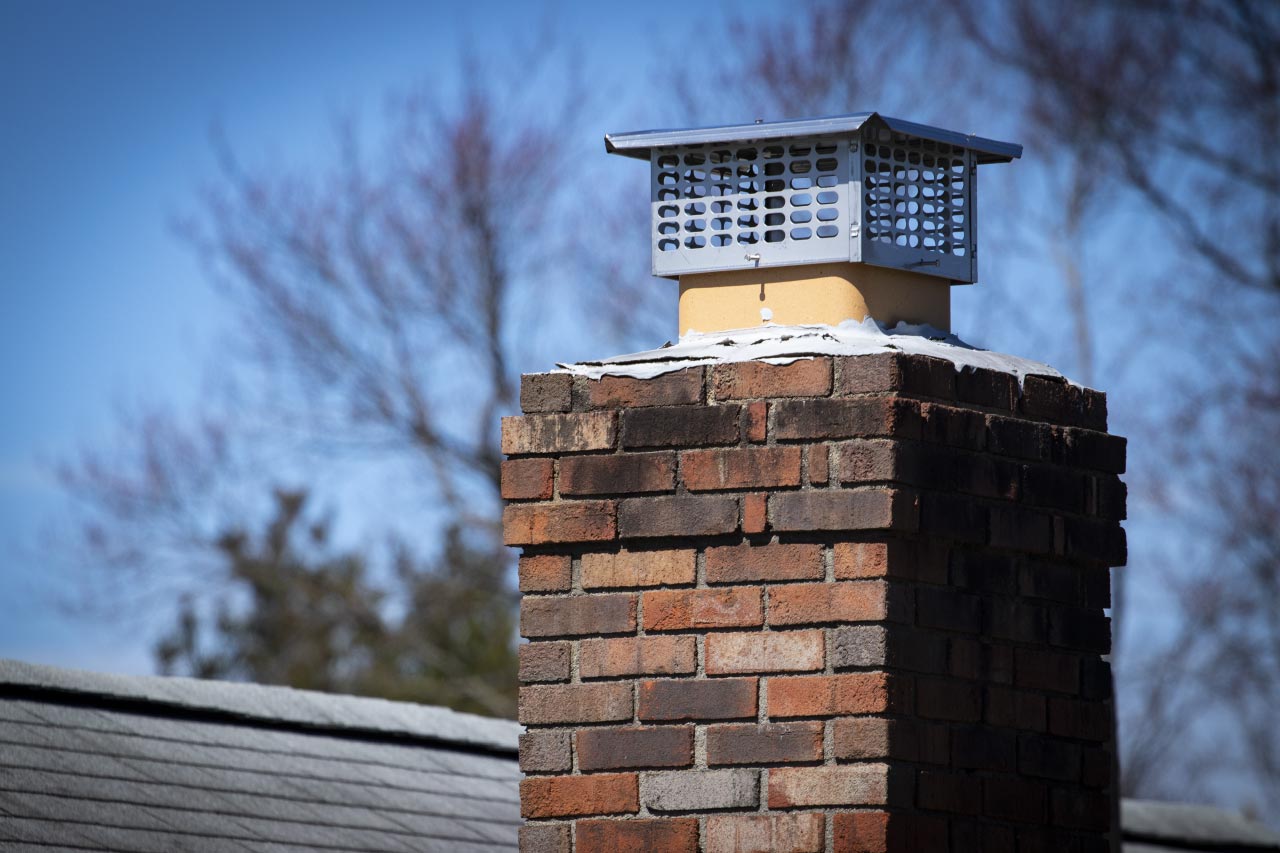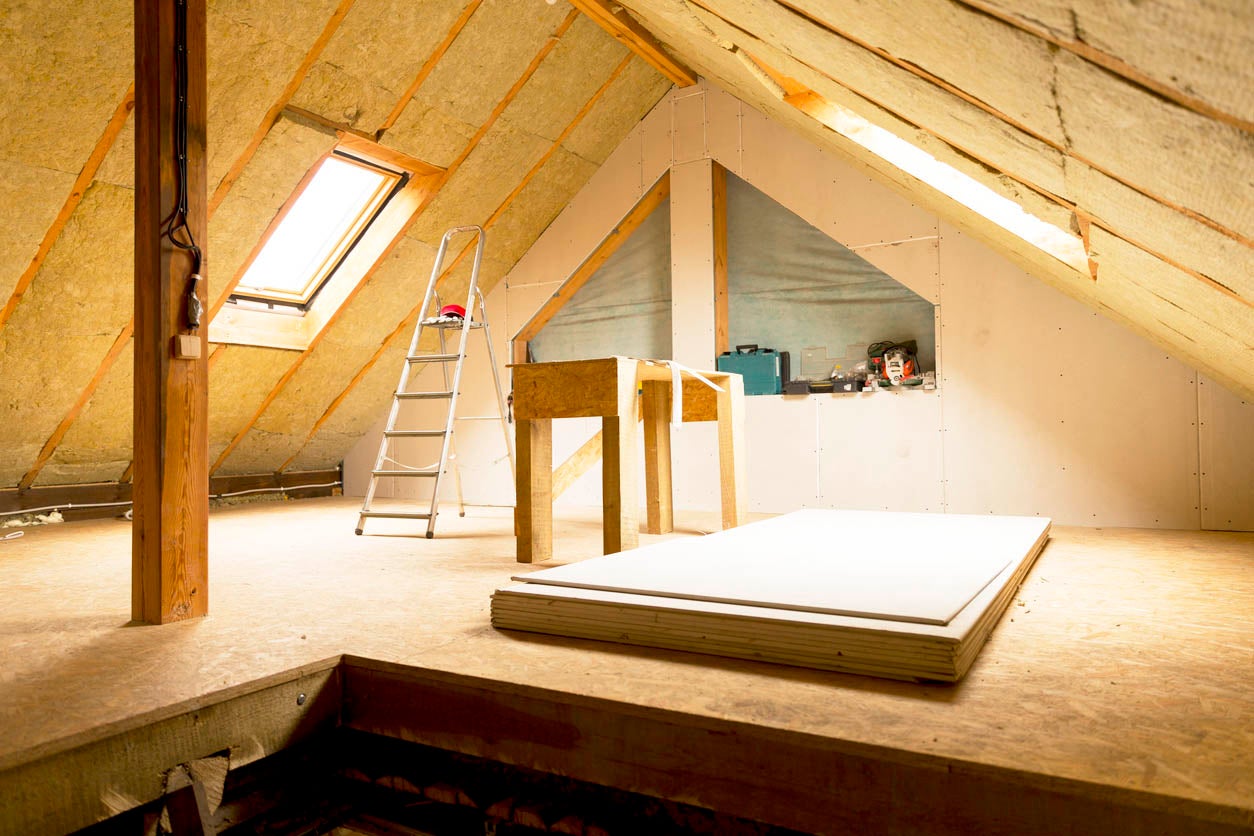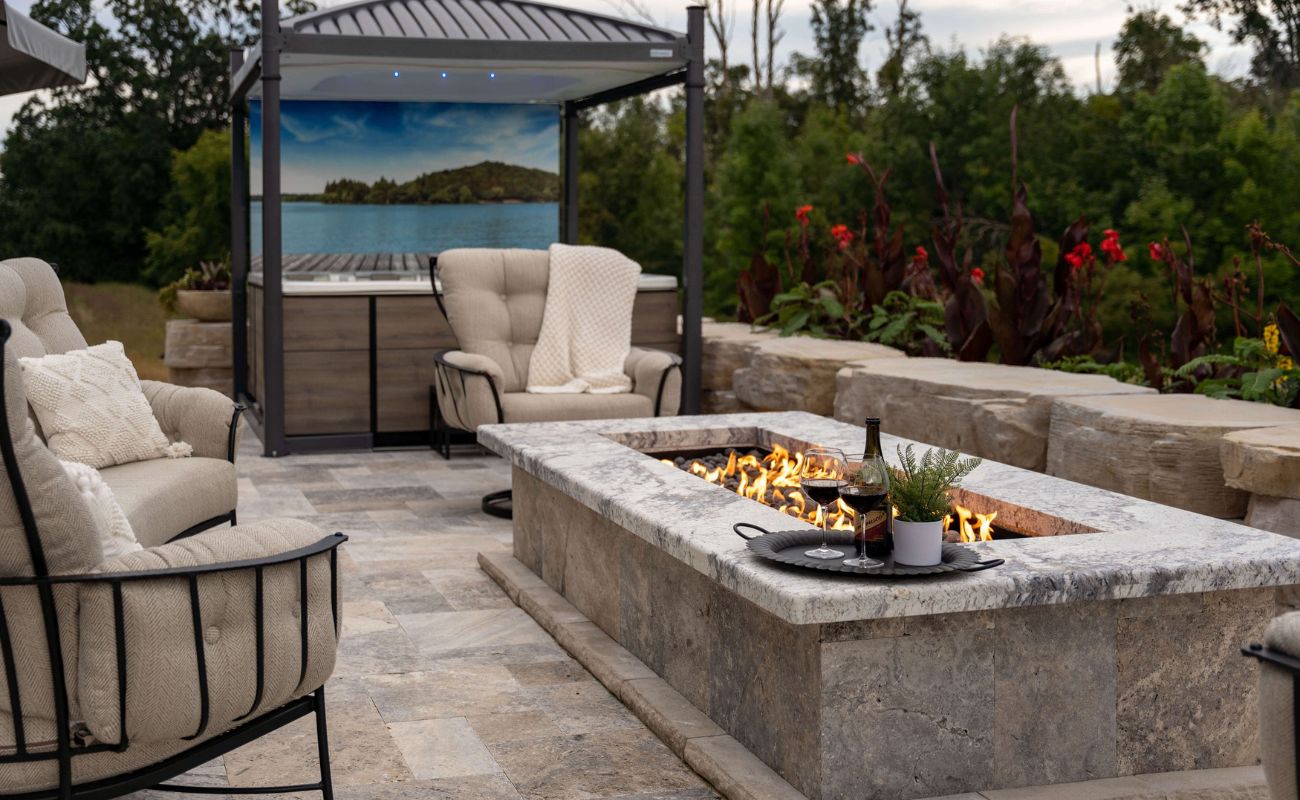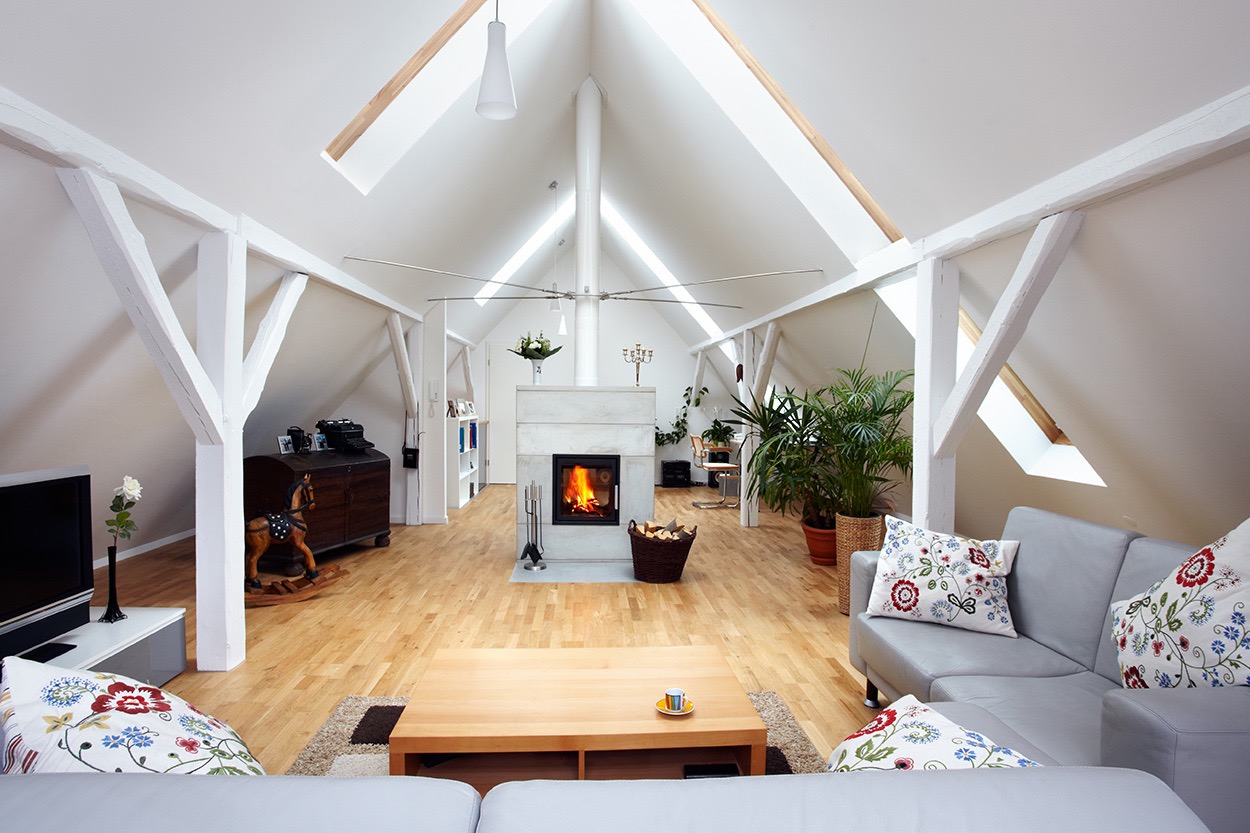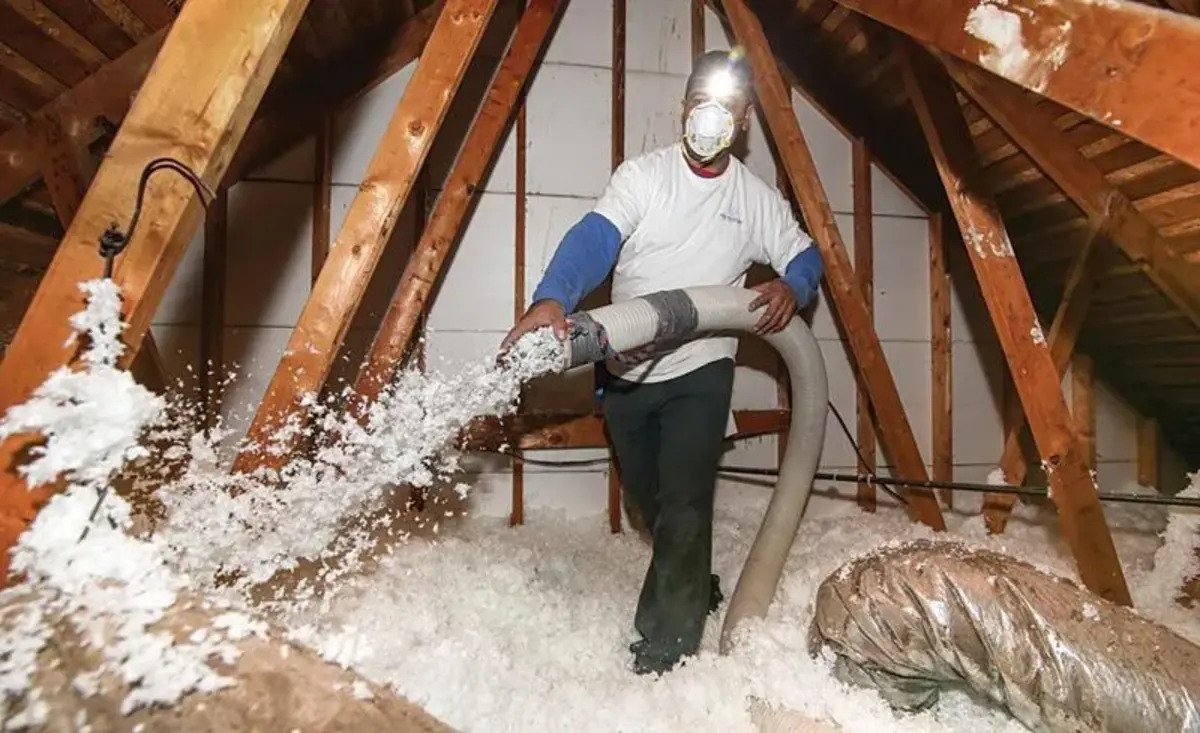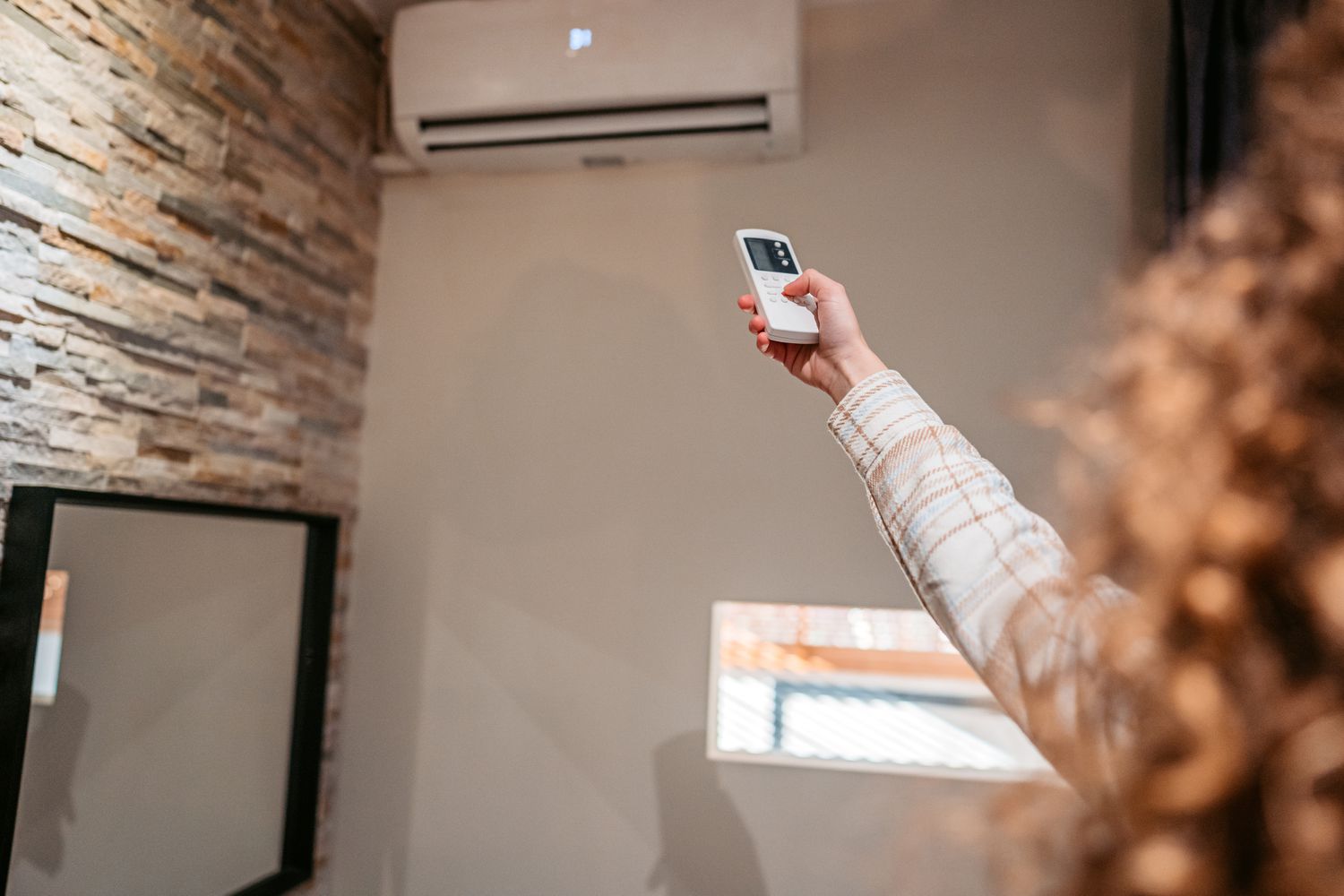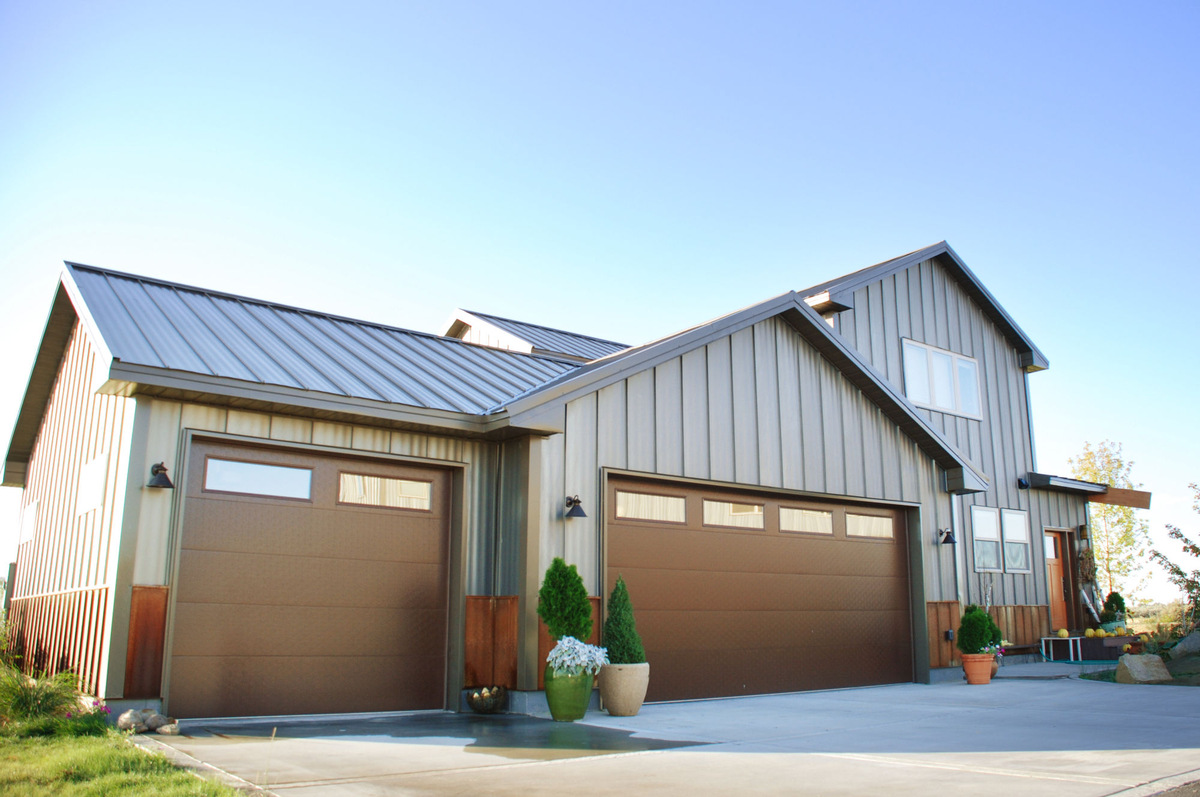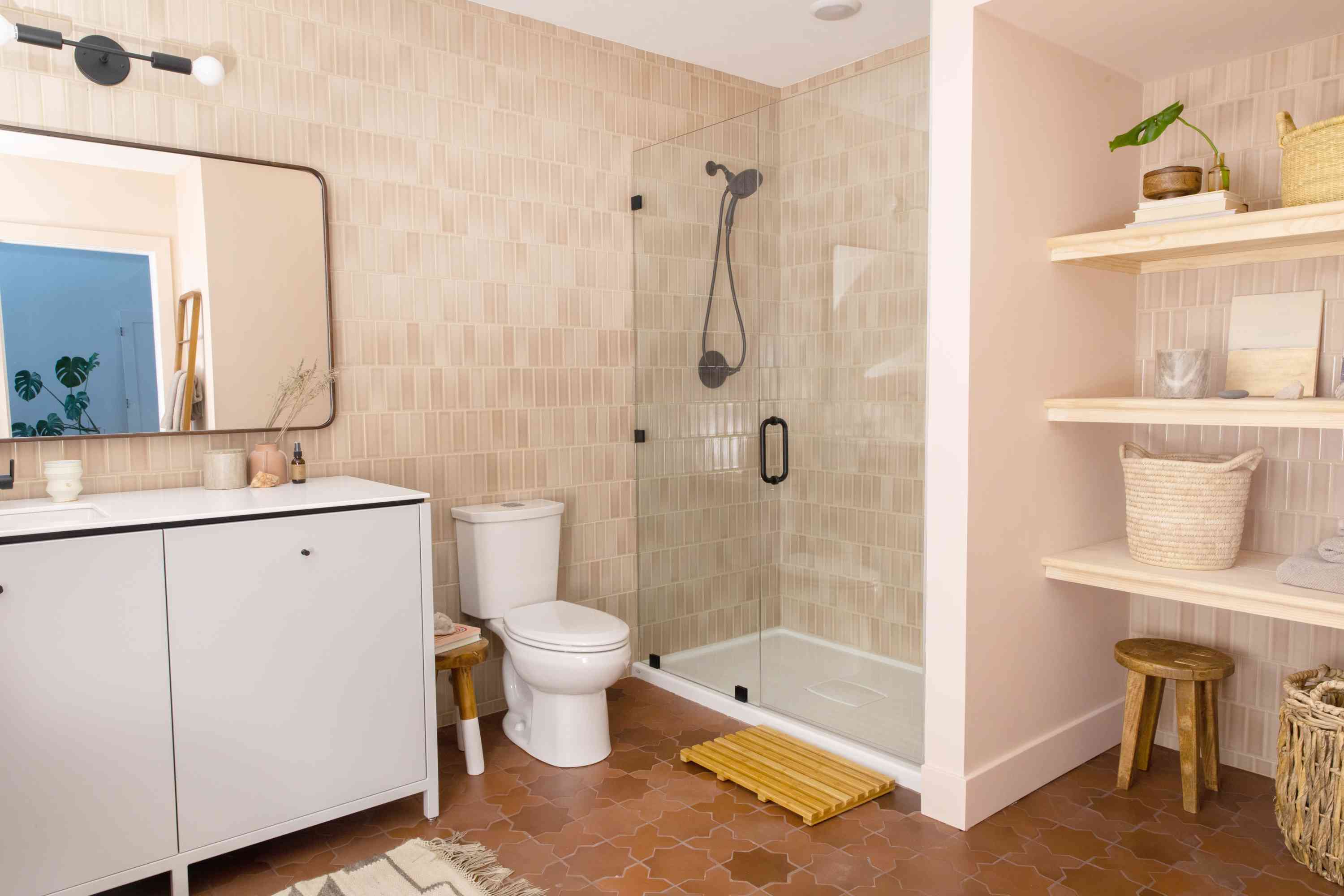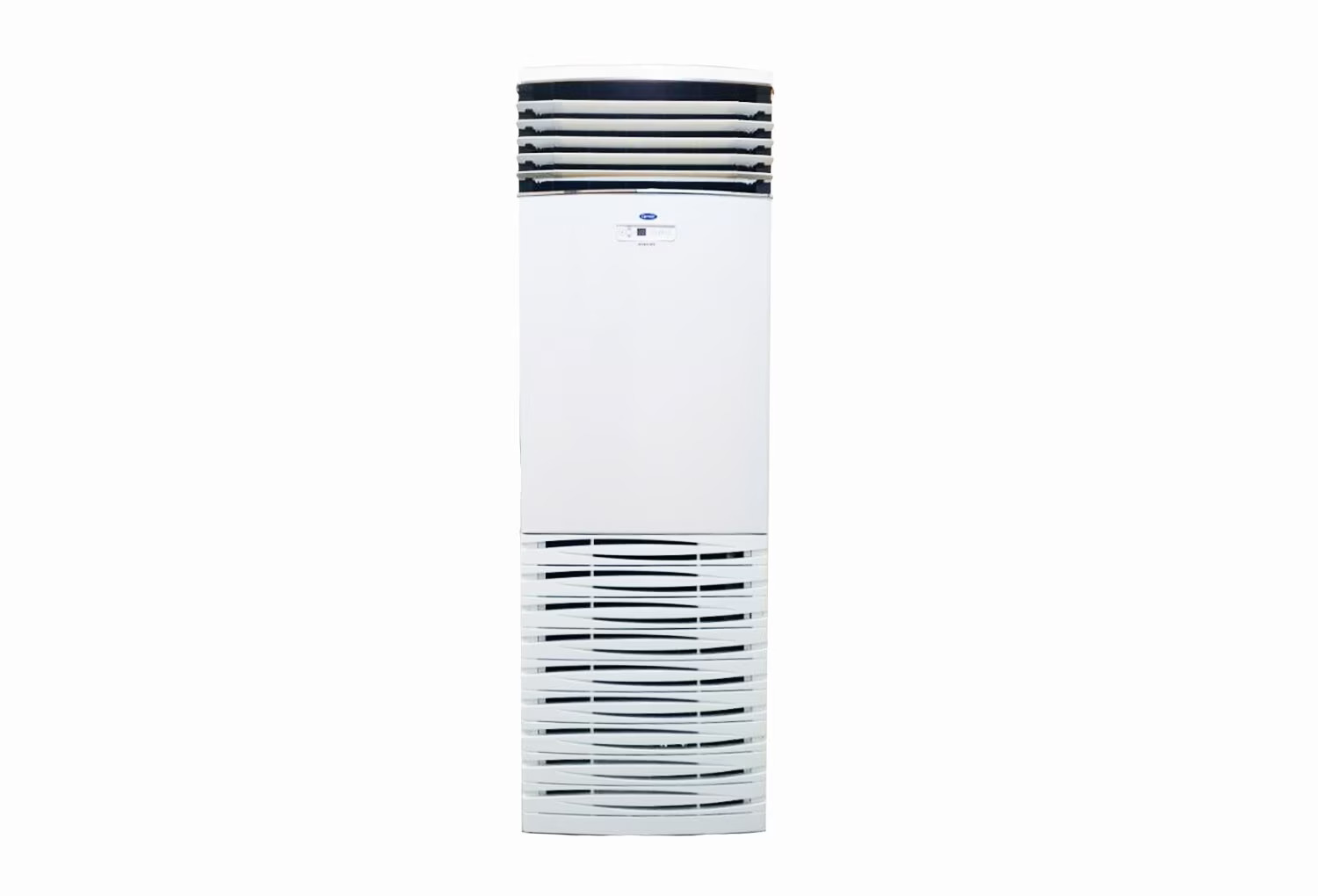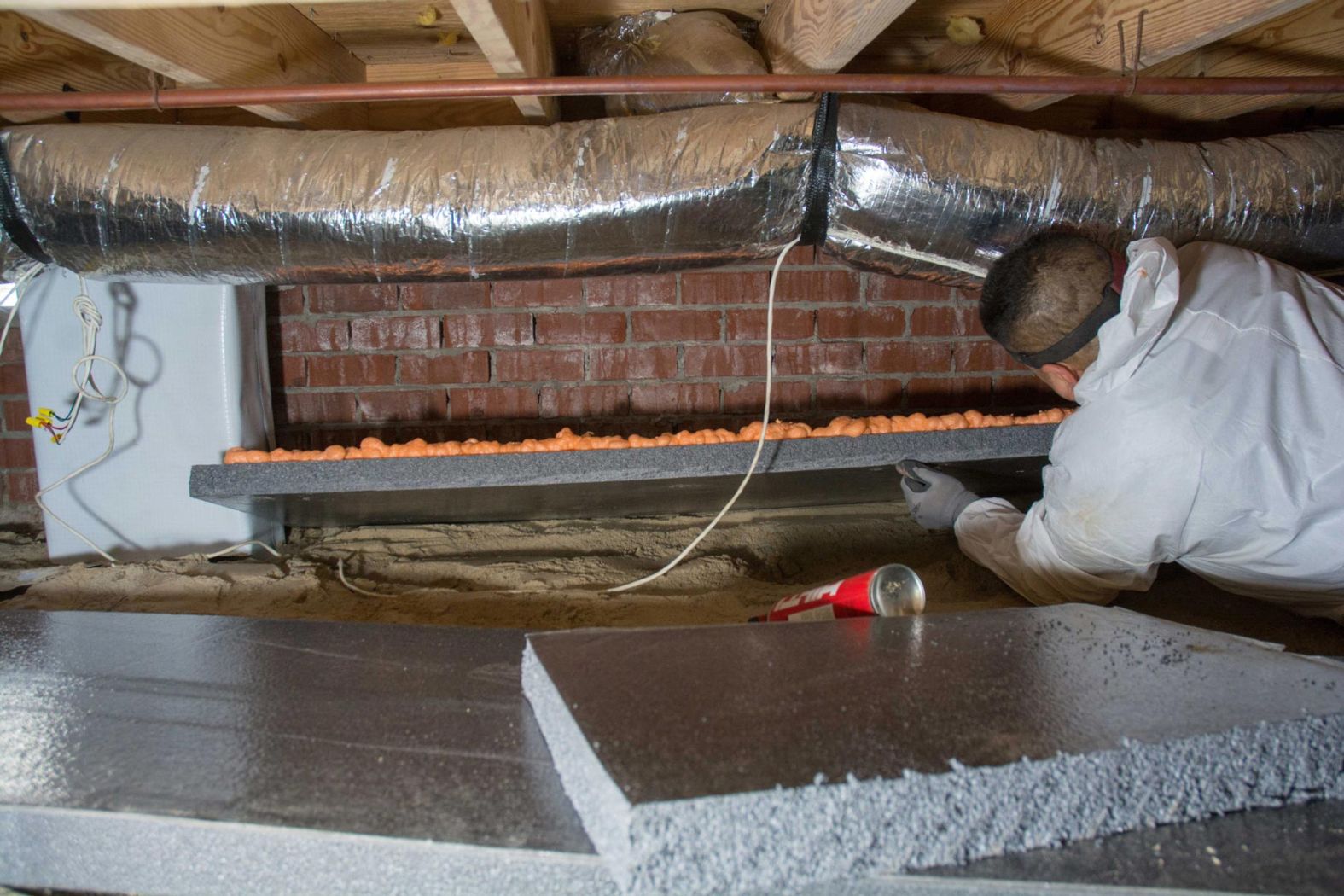Home>Home Maintenance>How Much Does It Cost To Do Home Repair
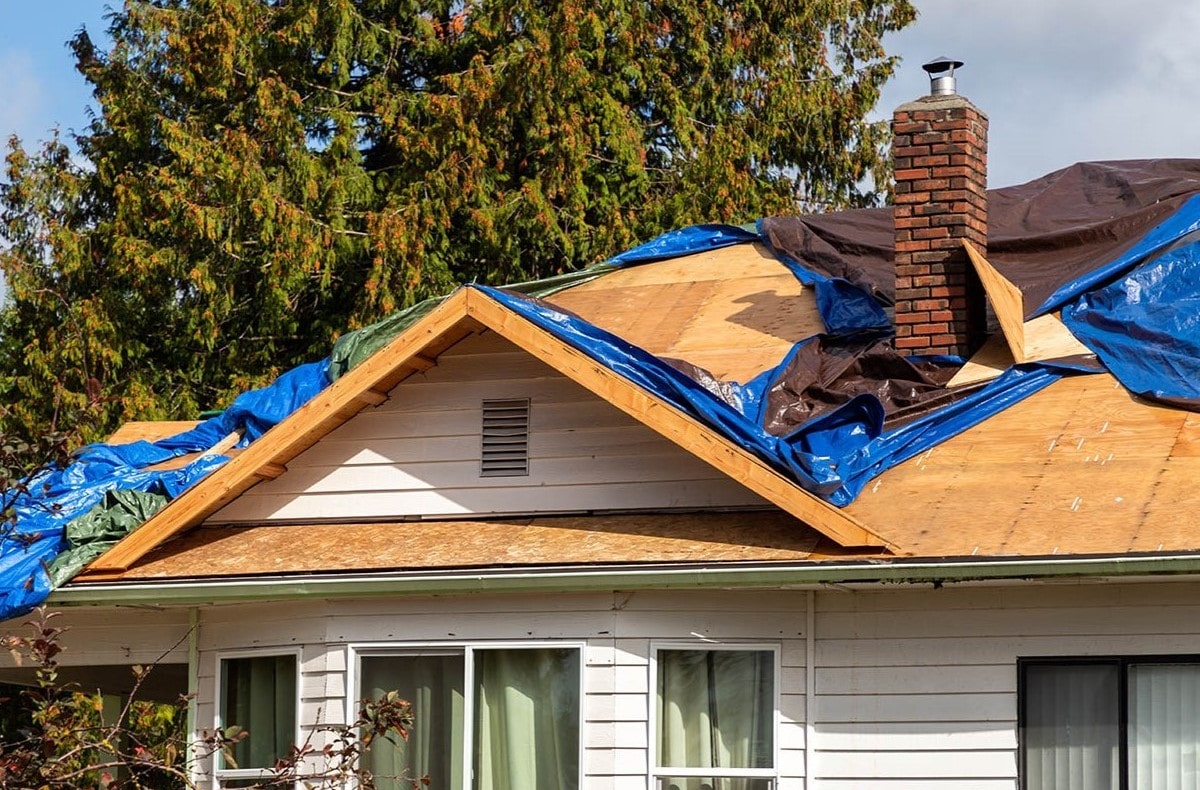

Home Maintenance
How Much Does It Cost To Do Home Repair
Modified: October 20, 2024
Find out the cost of home maintenance and repair with our comprehensive guide. Discover how to budget for essential home repairs and renovations.
(Many of the links in this article redirect to a specific reviewed product. Your purchase of these products through affiliate links helps to generate commission for Storables.com, at no extra cost. Learn more)
Introduction
Welcome to the world of home repair! If you’re a homeowner, you know that maintenance is an essential part of keeping your house in top shape. From fixing leaky faucets to patching up a roof, home repairs are inevitable. However, one question that often comes to mind is: how much will these repairs cost?
Home repair costs can vary significantly depending on various factors such as the type of repair needed, the size of the project, the materials required, and the region where you live. In this article, we will explore the factors that affect home repair costs and provide you with a comprehensive guide to understanding the expenses associated with common repairs.
It’s important to note that while some repairs can be done as DIY projects, others may require professional assistance. Hiring a professional can ensure the job is done correctly and safely. However, it can also add to the overall cost. Therefore, it’s crucial to assess your handyman skills and determine if you need to enlist the help of a professional.
So, if you’re ready to dive into the world of home repair costs, buckle up and let’s get started!
Key Takeaways:
- Home repair costs vary based on factors like repair type, project size, materials, location, and urgency. Understanding these factors can help homeowners plan and budget for inevitable maintenance expenses.
- To save money on home repairs, consider regular maintenance, DIY for smaller tasks, research and compare prices, build relationships with contractors, explore warranty coverage, and plan ahead for upcoming repairs.
Read more: How Much Does Chimney Inspection Cost
Factors Affecting Home Repair Costs
Before we delve into specific repair costs, it’s important to understand the key factors that can influence the overall expenses. By keeping these factors in mind, you can have a better understanding of why the cost of a particular repair might vary.
1. Type of Repair: The type of repair needed is one of the most significant factors affecting the cost. Minor repairs, such as fixing a leaky faucet or replacing a broken tile, are generally more affordable compared to major repairs like replacing a roof or renovating a bathroom. The complexity and time required for the repair will impact the overall cost.
2. Size of the Project: The size of the project plays a role in determining the cost as well. For instance, repainting a small room will cost less than repainting an entire house. Larger projects usually require more materials and labor, thus increasing the expenses.
3. Materials and Quality: The materials used for the repair can greatly influence the cost. Opting for high-quality materials may be more expensive upfront, but they can increase the longevity and durability of the repair. On the other hand, using lower-grade materials may result in frequent repairs and additional expenses in the long run.
4. Location: The cost of home repairs can vary depending on where you live. Factors such as local labor rates, availability of materials, and regional pricing trends can impact the overall cost. For example, repairs in metropolitan areas may be more expensive compared to rural areas.
5. Urgency: The urgency of the repair can also affect the cost. Emergency repairs that require immediate attention may be more expensive as they often require after-hours services or expedited delivery of materials.
6. Permits and Codes: Some repairs may require permits and must adhere to local building codes. Obtaining the necessary permits and ensuring compliance with codes can add to the overall cost of the repair.
By considering these factors and discussing them with professionals, you can get a better idea of the potential costs involved in your home repair project. Remember, it’s always a good idea to request multiple quotes from different contractors to ensure you’re getting the best price for your specific needs.
Exterior Home Repair Costs
The exterior of your home is constantly exposed to the elements, which makes it more susceptible to wear and tear. Exterior home repairs not only enhance the curb appeal of your house but also protect it from damage. Let’s take a look at some common exterior repair costs:
- Siding Repairs: Repairing damaged or deteriorating siding can range from $500 to $5,000, depending on the extent of the damage and the type of material used.
- Roof Repairs: Fixing a roof leak or replacing damaged shingles can cost between $300 and $1,000, depending on the size of the repair and the type of roofing material.
- Window and Door Repairs: Fixing or replacing windows and doors can range from $150 to $1,000 per window or door, depending on the complexity of the repair and the type of material.
- Gutter Repairs: Repairing or cleaning gutters can cost between $150 and $500, depending on the length of the gutter system and the extent of the damage.
- Deck Repairs: Repairing a deck can range from $500 to $3,000, depending on the size of the deck, the type of material used, and the extent of the damage.
- Fence Repairs: Fixing a damaged fence can cost between $200 and $1,000, depending on the length of the fence, the type of material used, and the complexity of the repair.
It’s important to note that these are rough estimates, and the actual cost can vary depending on various factors such as the location, contractor rates, and the specific details of the repair. Additionally, if the damage is extensive or requires a full replacement, the costs can be significantly higher.
To ensure accuracy and get a more precise estimate, it’s recommended to consult with multiple professionals and obtain detailed quotes. They can assess the specific repair needs of your exterior and provide a more accurate cost estimate based on the materials, labor, and any additional factors unique to your home.
Interior Home Repair Costs
While the exterior of your home is exposed to the elements, the interior is where you spend most of your time. From fixing leaky pipes to repairing damaged walls, there are various interior home repairs that may be necessary. Here are some common interior repair costs to consider:
- Plumbing Repairs: Fixing a leaky faucet or a clogged drain can cost between $100 and $300, depending on the complexity of the problem and the time required to fix it.
- Electrical Repairs: Repairing faulty wiring or fixing electrical outlets can range from $100 to $500, depending on the extent of the repair and the complexity of the electrical system.
- Wall and Ceiling Repairs: Fixing holes, cracks, or water damage on walls and ceilings can cost between $200 and $1,000, depending on the size of the repair and the materials needed.
- Flooring Repairs: Repairing damaged flooring can range from $200 to $1,500, depending on the type of flooring and the extent of the damage.
- Painting: Repainting a room can cost between $500 and $2,000, depending on the size of the room, the type of paint used, and any additional preparation needed.
- Bathroom Repairs: Repairing a leaky toilet, fixing a broken showerhead, or replacing a damaged tile in the bathroom can cost between $100 and $500, depending on the specific repair needed.
Keep in mind that these estimates are approximate and can vary based on factors such as the location, contractor rates, and the specific details of the repair. Additionally, more extensive repairs or renovations can significantly increase the cost.
When it comes to interior repairs, it’s essential to assess the severity of the damage and consult with professionals to determine the best course of action. They can provide a more accurate cost estimate based on your specific repair needs and offer recommendations to ensure the longevity and functionality of your home’s interior.
Plumbing Repair Costs
Plumbing issues can be both frustrating and costly if left unaddressed. From leaky faucets to burst pipes, plumbing repairs are among the most common maintenance tasks homeowners face. Understanding the potential costs associated with plumbing repairs can help you plan and budget accordingly. Here are some typical plumbing repair costs:
- Leaky Faucets: Fixing a leaky faucet can cost between $75 and $150, depending on the severity of the leak and the type of faucet. If the faucet requires replacement, the cost can increase to $150 to $350.
- Clogged Drains: Clearing a clogged drain can range from $100 to $250, depending on the location and severity of the clog. Professional plumbers may use different methods, such as snaking or hydro jetting, which may affect the cost.
- Water Heater Repairs: Repairing a faulty water heater can vary greatly depending on the issue at hand. Small repairs, such as replacing a faulty thermostat or heating element, can cost between $150 and $300. However, more significant repairs, such as fixing a tank leak or replacing the entire unit, can range from $500 to $1,500.
- Burst Pipes: Repairing a burst pipe can be a costly endeavor, with prices starting at $400 and potentially surpassing $1,000. The cost will depend on the severity of the damage, the size of the affected area, and the complexity of the repair.
- Toilet Repairs: Fixing a running toilet or repairing a faulty flush can range from $100 to $200. More significant repairs, such as replacing the entire toilet or fixing a severe leak, can cost between $200 and $500.
It’s important to note that these estimates are rough guidelines, and the actual cost can vary based on factors such as the location, time required, and specific details of the repair. Additionally, emergency plumbing repairs performed outside of regular business hours may incur additional charges.
If you’re facing a plumbing issue, it’s advisable to consult with a licensed plumber who can assess the problem, provide an accurate cost estimate, and recommend the most appropriate course of action. Taking prompt action can help prevent further damage and potentially save you money in the long run.
Read more: How Much Does It Cost To Replace A Chimney
Electrical Repair Costs
Electrical repairs should always be handled by a licensed electrician to ensure safety and compliance with building codes. Whether you’re dealing with flickering lights, faulty outlets, or electrical panel issues, understanding the potential costs of electrical repairs can help you plan and budget accordingly. Here are some common electrical repair costs:
- Faulty Outlets: Repairing a faulty outlet can cost between $75 and $200, depending on the complexity of the problem and the time required to fix it. This may include replacing the outlet itself, rewiring, or resolving any underlying issues.
- Electrical Panel Repairs: Repairing or upgrading an electrical panel can range from $500 to $1,500, depending on the size of the panel and the complexity of the repair. Panel repairs may involve replacing damaged breakers, rewiring, or adding additional circuits.
- Faulty Wiring: Repairing faulty wiring can be more complex and costly, with prices ranging from $500 to $2,000 or more, depending on the extent of the wiring damage and the size of the affected area.
- Lighting Fixture Repairs: Repairing or replacing a faulty lighting fixture can range from $100 to $300, depending on the complexity of the fixture and the time required for the repair.
- Circuit Breaker Repairs: If you’re experiencing frequent circuits tripping or issues with specific breakers, repairing or replacing a circuit breaker can cost between $150 and $300.
These cost estimates are meant to provide a general idea of the potential expenses you may encounter for electrical repairs. However, it’s important to remember that each repair will be unique, and the actual cost can vary depending on factors such as the location, complexity of the problem, and the specific details of the repair.
When dealing with electrical issues, it’s crucial to prioritize safety and consult with a licensed electrician. They can accurately assess the problem, provide an in-depth cost estimate, and ensure that all repairs are done safely and up to code. Taking the time to find a reputable and experienced electrician can give you peace of mind knowing that your electrical system is functioning properly.
Get multiple quotes from different contractors before starting a home repair project. This will help you compare costs and find the best deal for your budget.
Roof Repair Costs
Your roof plays a crucial role in protecting your home from the elements, but over time it may require repairs due to normal wear and tear, storm damage, or other issues. Understanding the potential costs associated with roof repairs can help you prepare and make informed decisions. Here are some common roof repair costs:
- Leaky Roof: Repairing a roof leak can range from $300 to $1,000, depending on the size and location of the leak, as well as the type of roofing material. Sealing a small area or replacing a few damaged shingles may fall on the lower end of the price range, while more extensive repairs, such as fixing a large section of the roof or replacing damaged flashing, can increase the cost.
- Blown-off Shingles: If your roof has experienced wind damage and shingles have been blown off, the cost to replace them can range from $100 to $400, depending on the number of shingles and the type of material.
- Flashing Repairs: Repairing or replacing damaged flashing, which is the metal or rubber material around chimneys, vents, and skylights, can range from $200 to $600, depending on the extent of the damage and the complexity of the repair.
- Roof Deck Repairs: If the underlying roof deck has suffered damage, repairs can range from $500 to $1,500 or more, depending on the size of the affected area and the materials needed for the repair.
- Valley Repairs: Repairing damaged or deteriorating valleys, which are the areas where two roof slopes meet, can range from $300 to $1,000, depending on the extent of the damage and the size of the repair.
Keep in mind that these cost estimates are general guidelines and can vary depending on factors such as the location, height and pitch of the roof, accessibility, and the specific details of the repair. Additionally, if the damage is extensive or if a full roof replacement is required, the costs will be significantly higher.
It’s always a good idea to consult with roofing professionals to assess the condition of your roof and provide a more accurate cost estimate based on your specific needs. They can also offer recommendations on the most cost-effective solutions and help you prioritize repairs to ensure the longevity and integrity of your roof.
HVAC Repair Costs
Your HVAC (Heating, Ventilation, and Air Conditioning) system is essential for maintaining a comfortable and healthy home environment. Over time, wear and tear or mechanical issues may require repairs. Understanding the potential costs associated with HVAC repairs can help you budget and plan accordingly. Here are some common HVAC repair costs:
- Furnace Repairs: Repairing a faulty furnace can range from $100 to $1,000, depending on the specific issue. Common furnace repairs include fixing a faulty ignition system, replacing a defective blower motor, or repairing a malfunctioning thermostat.
- Air Conditioner Repairs: Repairing a malfunctioning air conditioner can vary in cost, starting from $100 for minor issues such as replacing a capacitor to $1,500 or more for major repairs like replacing a compressor. The specific repair needed and the complexity of the system will affect the final cost.
- Heat Pump Repairs: Repairing a heat pump can range from $100 to $1,000, depending on the nature of the problem. Common heat pump repairs include fixing electrical issues, replacing faulty components, or addressing refrigerant leaks.
- Ductwork Repairs: Repairing ductwork can range from $200 to $1,000 or more, depending on the extent of the damage and the complexity of the repair. Issues such as leaks, loose connections, or damaged ducts can impact the efficiency and performance of your HVAC system.
- Thermostat Repairs or Replacement: Repairing a malfunctioning thermostat can cost between $100 and $300. If replacement is necessary, the cost can range from $150 to $500, depending on the type of thermostat and any additional installation requirements.
It’s important to note that these estimates are general guidelines and can vary based on factors such as the location, the specific make and model of your HVAC system, the severity of the issue, and any additional parts or labor required for the repair.
When faced with HVAC issues, it’s advisable to consult with a licensed HVAC technician. They can accurately diagnose the problem, provide an estimate based on your system and repair needs, and guide you through the best course of action. Timely repairs and regular maintenance can help prolong the lifespan of your HVAC system and ensure optimal performance.
Additional Home Repair Costs
While we have covered some common repair costs for specific areas of your home, it’s important to keep in mind that there are additional repair expenses that may arise. These costs can vary depending on the specific needs of your home and the extent of the repairs required. Here are some additional home repair costs to consider:
- Foundation Repairs: Repairing foundation issues can range from $1,500 to $10,000 or more, depending on the severity of the damage and the necessary repairs. This may involve fixing cracks, stabilizing the foundation, or waterproofing the basement.
- Mold Remediation: Removing mold from your home can vary in cost depending on the size of the affected area and the severity of the mold growth. Mold remediation costs can range from $500 to $6,000 or more, depending on the extent of the problem and the necessary clean-up and restoration work.
- Structural Damage: Repairing structural damage to your home can be a significant expense. Costs can vary greatly depending on the extent of the damage, the materials needed, and the complexity of the repair. It’s advisable to consult with a structural engineer and get multiple quotes from qualified contractors to accurately assess the cost.
- Appliance Repairs: Repairing or replacing household appliances such as refrigerators, dishwashers, or washing machines can range from $100 to $1,000 or more, depending on the specific appliance and the extent of the repair needed. It’s important to consider the overall cost of repairs versus the cost of replacement when determining the best course of action.
- Termite or Pest Control: Addressing termite or pest infestations may require professional intervention. The cost can vary depending on the severity of the infestation, the size of your home, and the specific treatment required. Termite treatments can range from $500 to $2,500 or more, while pest control costs can vary depending on the type of pest and the necessary eradication methods.
It’s essential to plan for unexpected repair costs by setting aside an emergency fund specifically for home maintenance. Regular inspections and preventive maintenance can help identify potential issues early on and minimize the need for costly repairs.
When dealing with additional home repairs, it’s beneficial to consult with professionals who specialize in the specific area of repair needed. Obtaining multiple quotes and recommendations can help you make informed decisions and ensure that the necessary repairs are done correctly, safely, and within your budget.
Read more: How Much Does It Cost To Clean A Chimney
Tips for Saving Money on Home Repairs
Home repairs can be a significant investment, but there are ways to save money without compromising on the quality and functionality of the repairs. Here are some tips to help you reduce costs and ensure the best value for your money:
- Regular Maintenance: Stay on top of regular home maintenance tasks to prevent small issues from turning into major repairs. Regularly inspect and clean gutters, check for leaks, and address any minor repairs promptly.
- DIY Whenever Possible: Consider tackling smaller repairs and maintenance tasks yourself if you have the skills and knowledge. Simple tasks such as painting, replacing light fixtures, or unclogging drains can save you money on labor costs.
- Research and Compare: Take the time to research and compare prices for materials, tools, and services. Obtain multiple quotes from different contractors for larger repairs to ensure you’re getting the best price.
- Maintain Good Relationships: Build a relationship with reliable contractors and service providers. Having a trusted team of professionals who know your home can lead to better service and potential discounts on future repairs.
- Explore Warranty Coverage: Review any warranties that may cover the repair or replacement of certain items in your home. This can potentially save you money on repairs and replacements for appliances, HVAC systems, or roofing.
- Consider Energy-Efficient Upgrades: When replacing appliances or systems, opt for energy-efficient models. While they may have a higher upfront cost, they can save you money in the long run through reduced energy bills and potential tax credits or incentives.
- Plan Ahead: Be proactive and plan for upcoming repairs or renovations. By budgeting and saving in advance, you can avoid financial stress when the time comes to address necessary repairs.
- Preventative Measures: Take preventative measures to protect your home from potential damage. Install a sump pump to prevent basement flooding, apply sealant to windows and doors to prevent leaks, and keep up with regular pest control to avoid extensive repairs.
- DIY Maintenance and Cleaning: Keep up with regular maintenance and cleaning tasks yourself. For example, clean your own gutters, change HVAC filters regularly, and trim trees and shrubs away from your home to prevent future damage.
- Consider Financing Options: If a major repair or renovation is necessary, explore financing options such as home equity loans or personal loans. It’s important to weigh the costs and benefits of financing before making a decision.
By implementing these tips and being proactive in your approach to home repairs, you can save money and maintain the value and functionality of your home. Remember to prioritize safety and consult professionals for repairs that are beyond your skillset or require specialized knowledge.
Conclusion
Home repairs are an inevitable part of being a homeowner. Understanding the potential costs associated with various repairs can help you plan and budget accordingly. By considering factors such as the type of repair, size of the project, materials used, and location, you can get a better idea of the expenses involved.
Exterior repairs, such as siding, roofing, and windows, can enhance the curb appeal and protect your home from the elements. Interior repairs, including plumbing, electrical, and flooring, contribute to a comfortable and functional living space. Additional repairs, such as foundation issues and mold remediation, may arise and require additional attention.
To save money on home repairs, it’s advisable to perform regular maintenance, tackle smaller tasks yourself when possible, research and compare prices, and build relationships with reliable contractors. Exploring warranty coverage, considering energy-efficient upgrades, and planning ahead can also help reduce costs.
Careful consideration of these tips and proactive maintenance can help limit the need for major repairs and minimize expenses in the long run. Remember to address repairs promptly to prevent further damage and consult with professionals for more complex repairs.
Being a homeowner comes with responsibilities, including the task of maintaining and repairing your home. With the knowledge gained from this guide, you’ll be better equipped to navigate the world of home repairs and make informed decisions that ensure the longevity, functionality, and value of your cherished investment.
Frequently Asked Questions about How Much Does It Cost To Do Home Repair
Was this page helpful?
At Storables.com, we guarantee accurate and reliable information. Our content, validated by Expert Board Contributors, is crafted following stringent Editorial Policies. We're committed to providing you with well-researched, expert-backed insights for all your informational needs.
